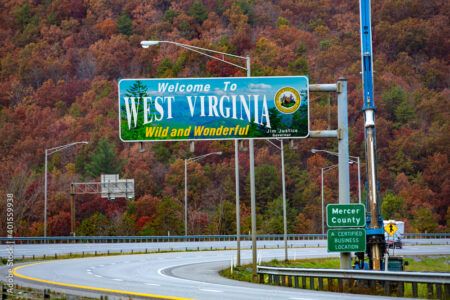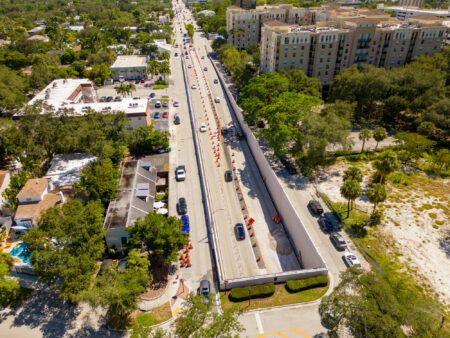The West Midlands Combined Authority (WMCA) is considering a congestion-busting plan to keep the central UK region’s transport network moving while billions of pounds of new road, rail and tram schemes are being built.
If the plans are approved by the Authority, roads and public transport across the West Midlands could be monitored 24 hours a day at the region’s first Regional Transport Co-ordination Center (RTCC).
As a rapidly growing region with a fast-paced economy, the West Midlands is seeing unprecedented levels of investment in its public transport system and roads, with more than £3.4bn (US$4.5bn) committed over the next 10 years. This is in addition to the construction of the HS2 high speed rail line between London and the West Midlands.
The Congestion Management Plan being considered by the WMCA aims to help improve journeys across the region and details how transport bosses plan to use the RTCC to keep passengers informed and moving during major construction projects, so public transport can continue to keep people connected to the best education, training and employment opportunities in the region.
Expected to be in place by 2019, the RTCC will provide a single view of the whole public transport and road network for organizations such as Highways England (HE) and Transport for West Midlands (TfWM), which is part of the WMCA, enabling them to provide passengers and motorists with travel advice in real time.
It is hoped that the plan will encourage more people to use public transport and consider traveling outside traditional peak times. The plan also details how new bus lanes and intelligent traffic light technology will be introduced on busy roads, alongside plans for a new website where information about traffic and travel disruptions are displayed in real time.
Also included in the 10-point Congestion Management Plan are proposals to make better use of the M6 Toll during peak times, use of drone technology to help emergency services when responding to car accidents, and extending the Swift Card to include cycle hire, taxis and electric vehicle charging. Local businesses are also being asked to encourage staff to make more sustainable journeys, such as cycling, walking and carsharing or re-timing their journeys outside of peak hours.
“We know that 58% of people in the West Midlands are dissatisfied with the current level of information provided during travel disruption. The Congestion Management Plan is our blueprint for changing that,” explained Mayor of the West Midlands, Andy Street.
“The plan sets out how we will make best use of our new devolved powers to manage congestion, air quality and road safety, and how we will build capacity on our network. Working with partners we will also create a Regional Transport Coordination Center to give people information in real time, so they can make informed choices about their journeys.”
Roger Lawrence, WMCA portfolio holder for transport and leader of Wolverhampton Council, added, “This plan is a joined-up approach to tackle a regional problem and we’ll be working with Highways England, public transport operators and West Midlands Police to make it happen.”




